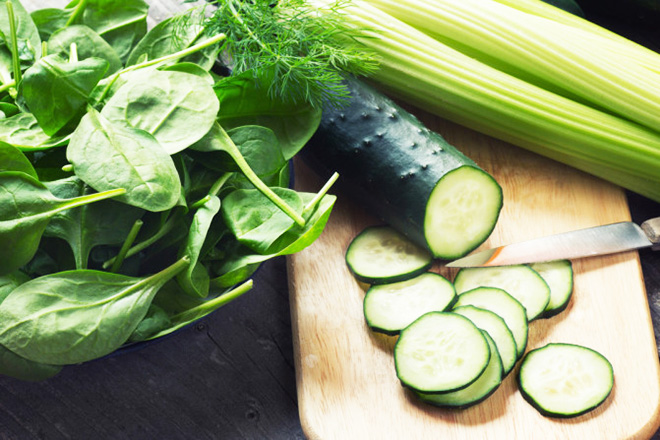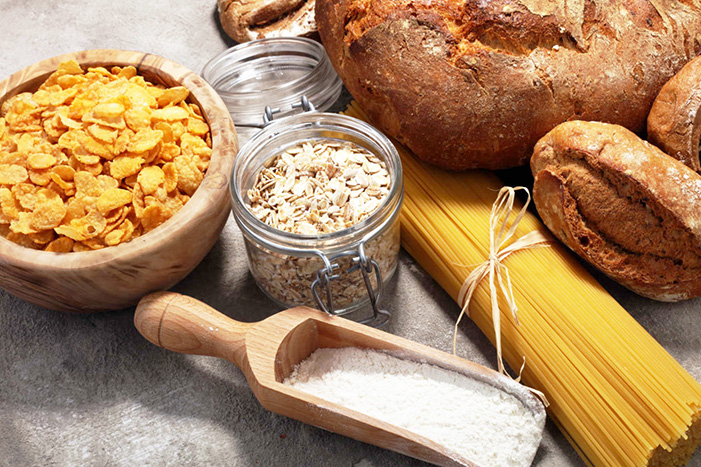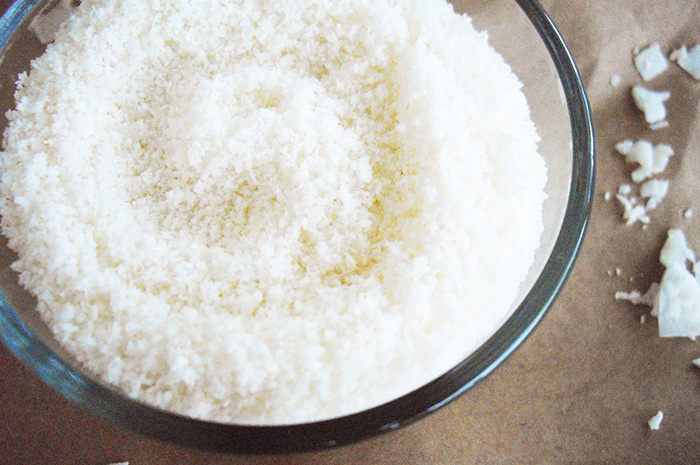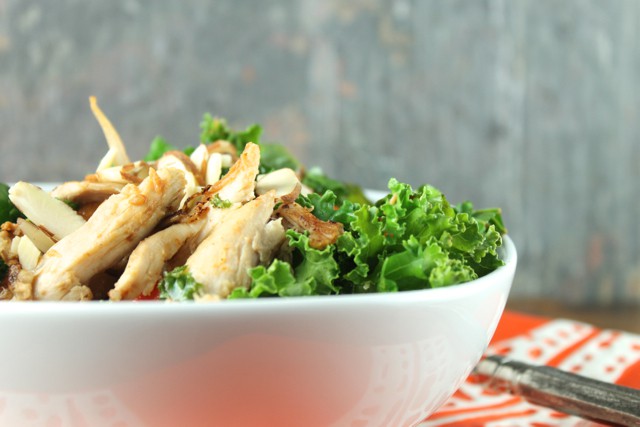Have you already heard about coconut flour? If not, keep on reading this article. Below you will come across some of the most important things you need to know about coconut flour, in particular the health perks of using it.
Don’t forget to share this article on your various social media sites afterwards, most especially if you have family and friends who are into baking all sorts of healthy goodies.
We all know that there are lots and lots of wonderful things that can come from coconut trees, and some of them include coconut water, coconut milk, coconut oil, coconut sugar and coconut nectar.
You can include coconut flour to the list. Coconut flour is made from the white flesh of coconuts, which also yield coconut milk. The said part of coconuts are dried and then turned into powder.
Coconut flour is not like most other types of flour that are made from grains such as wheat, rye, barley and corn. But then there are lots of flour types out there that are not out of grains, like those out of seeds, nuts and dried veggies.
Using coconut flour is a great idea because it offers tons of health benefits — it doesn’t come as a surprise since it comes from the coconut tree which yields a wide variety of products suited for health nuts.
However, there is one disadvantage to using coconut flour for your baking needs, and that’s the fact it can easily lead to a disastrous result when substituting it for all-purpose flour incorrectly.
Unlike flour types that are out of grains, coconut flour tends to absorb a lot of water. It’s for this reason why a baked treat out of coconut flour can easily end up dry and crumbly — no good, basically.
Because of this, it’s of utmost importance for you to substitute the right amount of coconut flour in just about any recipe so that the resulting baked treat will still be just as phenomenal as when all-purpose flour is used.
According to pros at using coconut flour, approximately 20 percent of all the flour you need to use should be substituted with coconut flour to keep a culinary disaster from striking.
If the recipe calls for the use of 2 cups of all-purpose flour, replace a little less than 1/2 cup of it with coconut flour. If the recipe asks you to use 10 cups of all-purpose flour, substitute 1 cup of it with coconut flour.
But what if you want to get rid of all-purpose flour and replace it entirely with coconut flour? The trick is a lot simpler, and that is you should add 2 eggs to every 1/2 cup of coconut flour used.
Now that you know how to replace all-purpose flour with coconut flour, it’s time for us to check out some of the reasons why it’s a wonderful idea for you to start baking with coconut flour as soon as you can!
It’s free of gluten
Because coconut flour is not made from grains that contain gluten, you can bake with it without risking your digestive health. It’s the perfect type of flour for people who have gluten sensitivity or celiac disease, as well as for those who just want to eliminate gluten from their diet.
It’s packed with fiber
Even though coconut flour is not out of any grain, it’s still an excellent source of fiber. We all know that fiber is important for optimum digestion and constipation prevention. Doctors say that it’s also very good at considerably lowering heart disease risk.
It’s superb at regulating blood sugar
Being rich in fiber, coconut flour is ideal for diabetics and prediabetics alike. That’s because its fiber content helps regulate the amount of sugar that is released into the blood at a time. As a result, the complications of hyperglycemia or high blood sugar can be kept at bay.
It’s a good source of protein
According to nutrition experts, every serving of coconut flour that amounts to 1/4 cup yields 4 grams of protein. This means that baking with coconut flour allows you to come up with treats that are excellent at building muscles as well as making you feel full, thus helping to fend off overeating.








